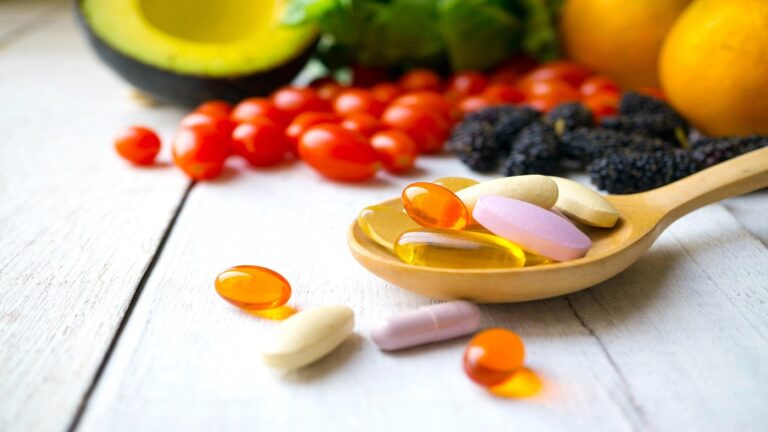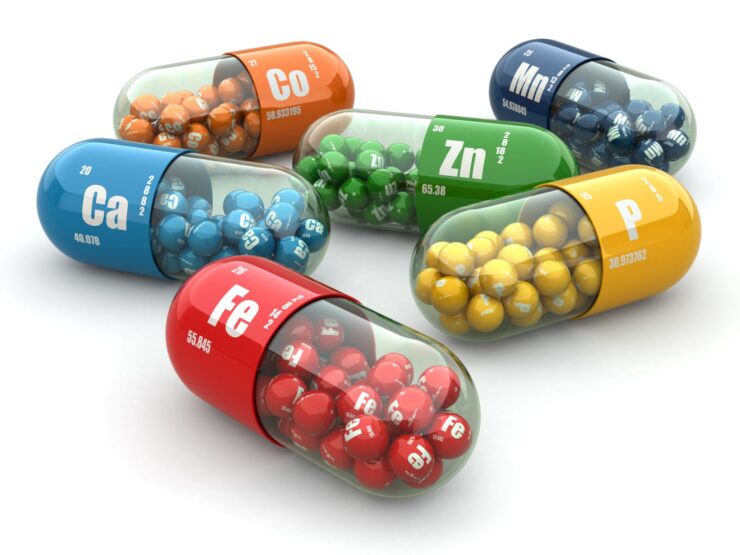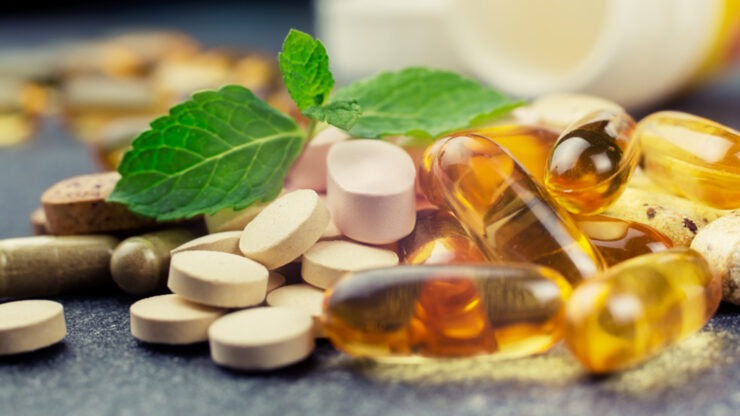Vitamin and mineral supplements are a popular choice of supplements for people all over the world. They can also be particularly useful in some cases, such as if you’re not getting enough vitamins and minerals from your diet.
However, there are so many supplements out there that it can be difficult to know which ones to take, how much of each one is best, or whether they are safe to take at all.
Vitamins are organic compounds that are required by living organisms to function properly, with no viable substitutes being found in nature. We need them in very small amounts too – typically 50mg-5000mg per day depending on our age, weight, and gender.
The human body cannot synthesize or store vitamin B12 very effectively though, so it needs to be consumed on a daily basis.
A recent study surveyed determined the best time of day to take multivitamins and discovered that people who took them at night were more successful in boosting their immune system than those who did not, with many participants stating that they felt better overall when taking vitamins before bed.
Vitamins are often marketed according to what age range they are targeted towards – for example, children’s vitamins tend to contain slightly lower levels than other supplements aimed at other age groups.
This means teens should ideally take teenage-specific supplements which can be found online or in pharmacies.
Here we will discuss about what is the recommended daily intake of vitamins for a teenager. Let’s start.
The Recommended Intake of Vitamins
The recommended daily intake will vary depending on the individual, but there are some general guidelines, such as the following:
– Vitamin B12 – 20-30 micrograms per day
– Vitamin D – 10 micrograms per day for teenagers up to age 70, then 15 micrograms per day.
– Iron – 8mg a day for teenage girls, and 14mg a day for boys.
– Magnesium – The rest of the time it’s 420 mg daily for teen boys, 360 mg daily for teen girls, 300mg daily from age 19 to 30
– Calcium – 1,300mg daily for teens up to age 30, and 1,000mg daily after that.
Vitamin supplements are not exactly known for being nutritious- but the right ones can certainly make a difference when taken properly. Do your research and speak with a doctor before taking anything new or unusual though!
At the very least, they’re unlikely to do any harm so long as you follow recommended guidelines and don’t take too many in one sitting.
Why are vitamins important?
Vitamin B12
Can help you to maintain healthy nerve cells and red blood cells. Vitamin B12 is often taken as a supplement but is also found in meat products such as beef, lamb, pork, and fish.
Vitamin D
Helps the body absorb calcium, which is useful for building strong bones and teeth throughout life. It is important to good health, but can also help people who are at risk of developing diseases like multiple sclerosis or rheumatoid arthritis.
Supplements containing vitamin D may be helpful for people with these conditions in winter months when they either don’t get enough direct sunlight exposure or live in places where it doesn’t get very sunny at all – so keep this in mind if you live somewhere really cold!
Supplementing with vitamin D is particularly important if you don’t consume enough of it through diet or sunlight – otherwise, that can quickly lead to problems like rickets. However, some drugs and antibiotics block the absorption of vitamin D so always check whether this applies to you first!
Iron
Plays a key role in transporting oxygen through your blood vessels, as well as helping your muscles store and use energy properly.
Iron supplements are most beneficial for people who are at risk of developing anemia or experiencing blood loss via menstruation or injury…which sadly includes many women!
Always be sure to speak with your doctor before taking supplements or medication though, especially if you have a pre-existing condition.
Magnesium
Contributes to a reduction of tiredness and fatigue, as well as helping with muscle relaxation and treating stress.
Calcium
Needed by everyone to keep their bones strong, but it’s especially important for pregnant women or those who are trying to lose weight so that they don’t develop nutritional deficiencies over time. Without enough calcium…you guessed it – bones will suffer!
But it’s not just about maintaining strong bones until old age – one study found that supplementing with calcium for four years in postmenopausal women actually reduced the risk of bone fractures by 12%.
Taking multivitamins daily can be a great way to cover your bases for nutritional deficiencies, but it’s not the only way to get all your daily requirements.
There is still lots of debate around the issue of whether vitamin supplements are actually effective for most people who are otherwise healthy – but there are some promising studies out there! However, it’s important to remember that more isn’t necessarily better when it comes to taking vitamins, so keep an eye on your intake and speak with your doctor about the best options.
What foods should I be eating?
– Vitamin A in carrots helps your body fight infections and grow new cells, so it’s useful for helping wounds heal after surgery or an injury…as well as good for healthy eyes.
– Spices like garlic, onion, chili pepper, and ginger are all rich in vitamin C – just don’t go overboard on the hottest ones if you have a bleeding disorder or are on any medications that might interact with hot spices!
– Potatoes are packed with potassium which is great for maintaining fluid balance in the body. It also controls blood pressure and plays an important role in nerve signaling.
– Oatmeal provides magnesium to help relax muscles, improve sleep quality and reduce stress.
Eat lots of fresh fruit & vegetables too – they contain lots of vitamins and minerals that are great for your health and your skin.
Overall, figure out which of these individual recommendations suit you best and make sure your diet reflects them! Vitamin supplements can be beneficial for teenager growth…but only if they replace something you’re missing out on in your daily diet.
Don’t forget – if you have any concerns about the supplements you are taking…or want to talk about general vitamin intake for teenagers, then be sure to speak with a medical professional!
And finally…
Remember that these are guidelines only and everyone’s different, so make sure you do what works best for YOU!




